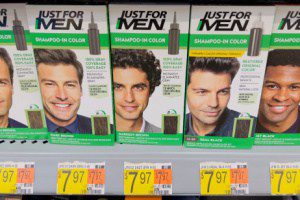
Just for Men Hair Dye Chemical Burns, Swelling, Itching, Blistering, Skin Rash, & Burning Sensation Lawsuit Attorney
Just for Men Hair Dye Lawsuits. Our firm is investigating potential lawsuits on behalf of individuals who suffered chemical burns and other painful reactions after using the hair product, Just [...]

